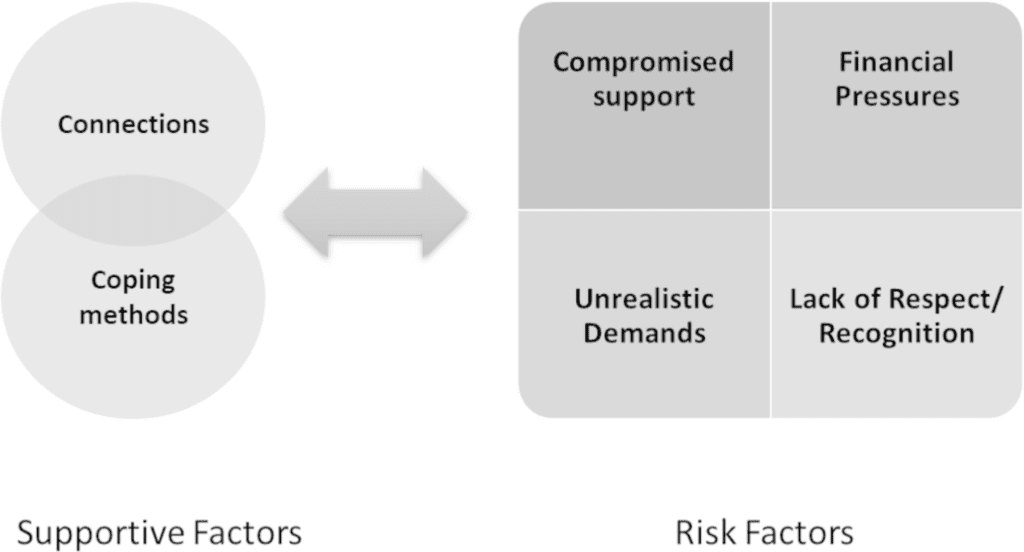A total of 17 interviews were conducted, predominantly with male participants (94%). Out of these, 16 were held via phone, and one was conducted through video conference. Interview lengths varied from 28 to 67 minutes, with an average duration of 55 minutes.
Demographics
The age distribution of drivers included: 25–34 years (n=1, 4%), 35–44 years (n=4, 15%), 45–54 years (n=5, 19%), 55–64 years (n=4, 15%), and ≥ 65 years (n=3, 12%). Among the participants, six were short-haul drivers, and 11 were long-haul drivers. The study included 13 employee drivers, three owner-drivers, and one company owner. Participants worked across five of the six Australian states and one of the two territories, using various truck sizes, including single semitrailers (n=6), B doubles (n=9), double tankers (n=1), and triple trains (n=1). They transported a diverse array of freight, such as food, chemicals, building materials, vehicles, and fertilizers. Five drivers mentioned having past workers’ compensation claims, with some claims arising prior to their driving careers and others related to their driving experiences. Their driving experience ranged from four to 58 years, averaging at 25 years. The companies they worked for varied in size from having five vehicles to large fleets in the hundreds, and their operations spanned from single-state to multi-state coverage.
Qualitative Analysis
Themes and Subthemes
Six central themes emerged from the analysis, with two themes contributing positively to mental health and four identifying potential health risks for the drivers. Each theme exhibited complexity and was further subdivided into subthemes as outlined below.
Two Themes Supporting Driver Mental Health
Theme 1: Connections
The primary theme of connections encompassed three areas: family relationships, friendships with colleagues and peers, and engagement with mental health professionals. Drivers highlighted the importance of family connections for emotional support, planning future goals, and having someone to return to after long trips. One driver noted, “They’re [wife and daughters] fantastic, I love them to bits… So that is probably one of the best bits of medicine that I take for my mental health.” Strategies employed to maintain family connections included scheduled phone calls and time management to ensure family interactions despite busy schedules.
Four Themes Presenting Risks to Mental Health
Theme 3: Compromised Support Systems
Despite the supportive connections, many drivers reported compromised support systems due to long separations from family, job demands, and diminished energy levels at home, often resulting in relationship breakdowns. This theme revealed three sub-themes: separation, relationship strain, and stigma surrounding mental health issues. Drivers experienced guilt over missed family milestones which strained relationships. For instance, one driver reflected on how his daughter struggled with his absences. Additionally, a reluctance to access mental health support due to stigma compounded their challenges, with many feeling they had to maintain a tough exterior.
Theme 4: Unrealistic Demands
Many drivers articulated experiences of unrealistic job demands linked to a lack of control within their roles. They often faced anxieties regarding compliance with regulations that hindered their ability to make timely deliveries, which further impacted their mental well-being. Frequently, they had to adhere to rigid schedules amidst external setbacks like roadwork, leaving many feeling helpless and stressed over potential penalties for delays. The cumulative effect of these demands led to increased stress and a sense of diminished capability to manage their time and workload effectively.


